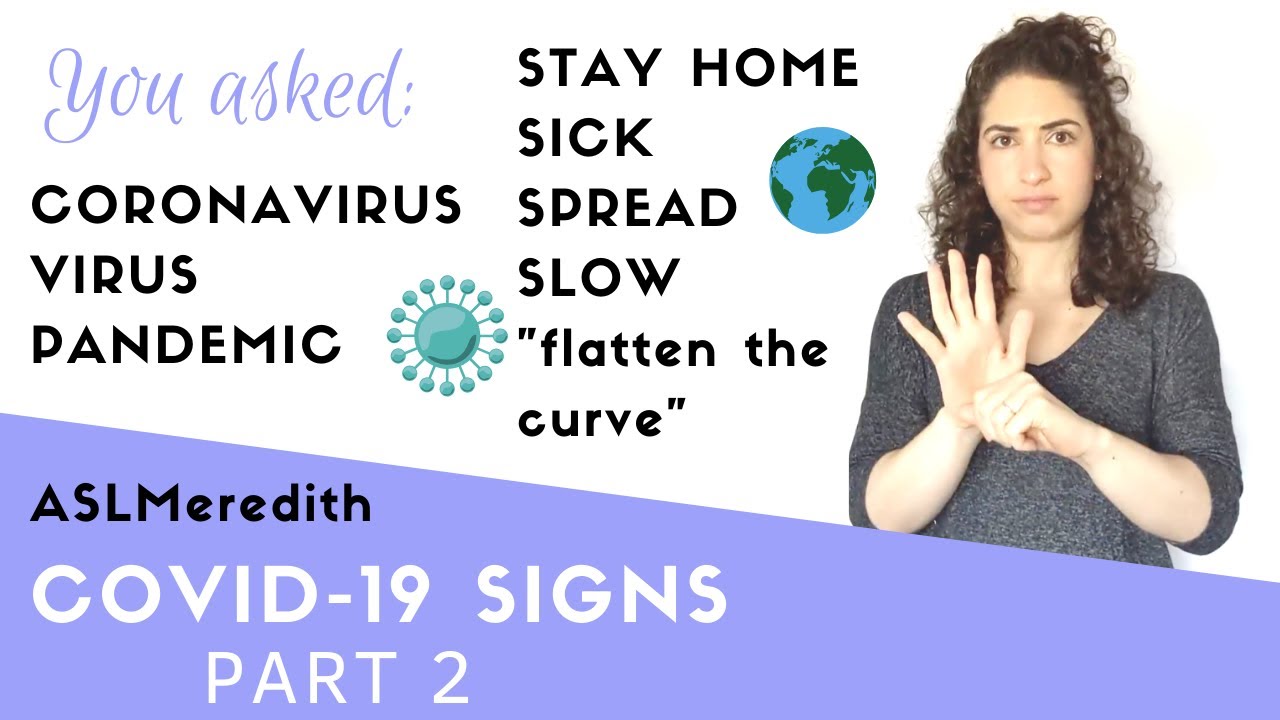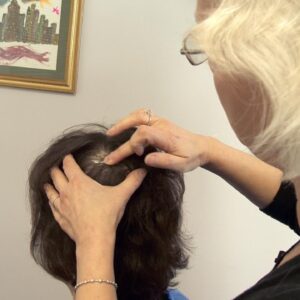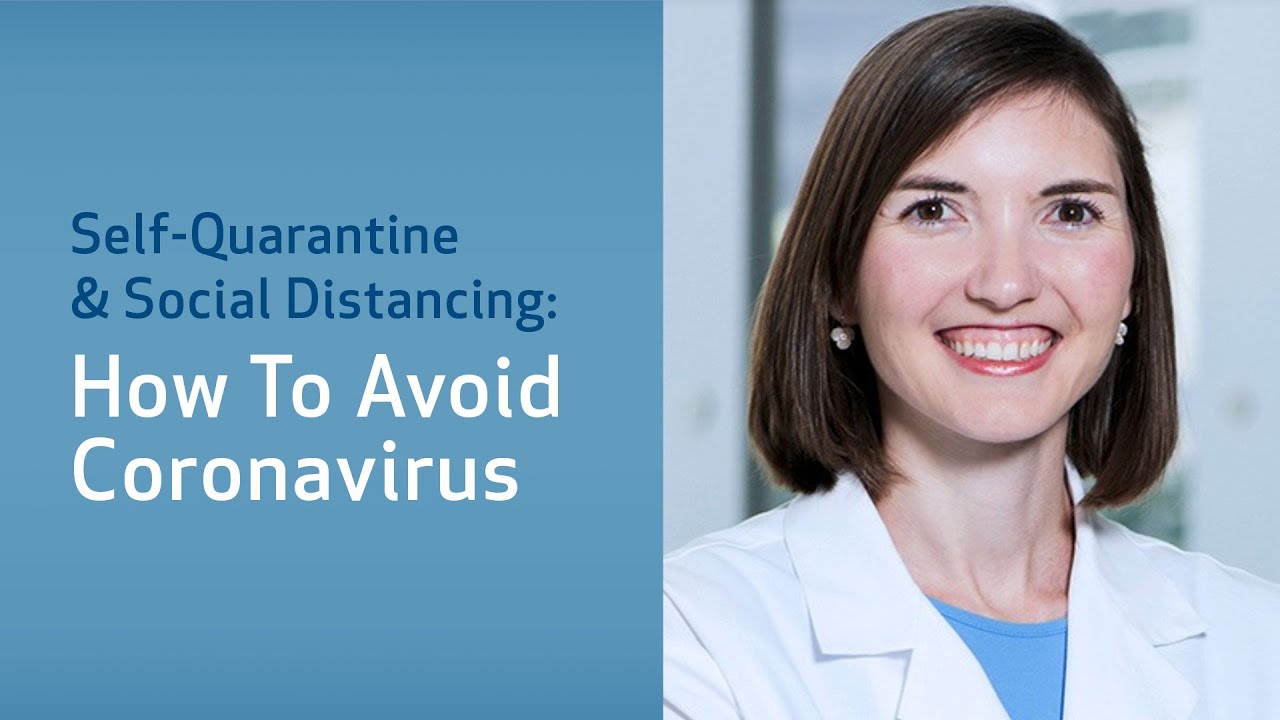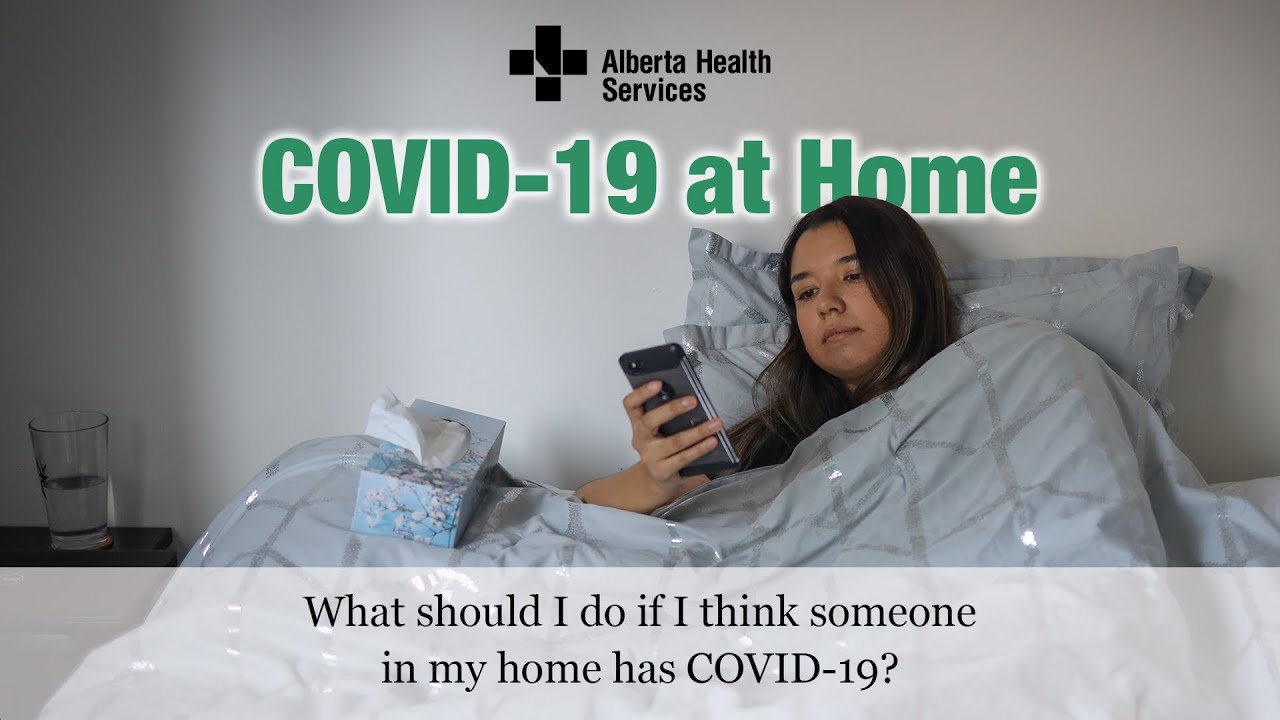If you suspect you have COVID in your home, there are some precautions you can take. Wear a mask and avoid touching frequently touched surfaces. You can also isolate yourself by keeping people who are infected outside of your home. Listed below are some ways you can prevent the spread of COVID. Listed below are some tips for prevention:
Prevention measures
It is important to take preventive measures, whether at home or at work, to avoid the spread of COVID. Vaccination and booster doses can help you fight the disease and protect your family. Also, make sure that you and others in your household wash hands frequently and wear masks when sick. By following these preventive measures, you can keep your family healthy and participate in school or work without worrying about spreading COVID.
When possible, isolate yourself from others, such as friends and family. Wash surfaces with hot water and detergent. If necessary, self-quarantine to limit the spread of the disease. Wash clothing, dishes, and personal items as often as possible with dishwashing liquid. If you are unsure whether or not you have COVID, don’t invite anyone over to visit. You should also avoid public transportation until you know if you are free from the disease.
If you have COVID-19, stay home as much as possible. This is the best way to protect your family and your pets. However, you should avoid meeting up with sick people or working inside the house. You should also wear a mask when you’re around others and pets, especially if you have COVID-19. If you have a cold or cough, you should avoid interacting with other people. If possible, stay at home and try to isolate yourself from the sick person and stay away from those who have COVID.
Keeping your hands clean is the most important way to keep the virus from spreading in your home. Avoid touching the faces of other people, and make sure that you wash your hands often. You should also cover your nose and mouth with tissues after coughing. Also, disinfecting surfaces frequently is vital. The CDC recommends 60% alcohol hand sanitizer. These are alcohol-based hand sanitizers and are highly effective.
When a sick person is in the home, you should keep the room with a closed door. Make sure the sick person does not enter that room, and make sure the room has air circulation. It is best to keep children and pets out of the sick person’s room and to use an air-circulating device. Those with the cold should also wear a mask and wash all their personal items separately. Finally, you should wash all surfaces often and use disinfectants to prevent cross-contamination.
Wearing a mask
Wearing a mask to protect yourself from the COVID virus has numerous benefits. The new paper published in the Journal of General Internal Medicine hypothesizes that wearing a mask can reduce the virus’s infectivity. If you have been exposed to COVID during an outbreak or have recently visited a friend or family member, wearing a mask may be a smart move.
If you are in the high-risk group, you should consider contacting your health care provider to get more information on how to prevent COVID from spreading in your home. You should also check the community level for COVID-19 and get a mask if necessary. If you have had the virus before, you should contact the MDH and get an early diagnosis. During this time, you can also receive treatment.
The WHO recommends that people with COVID-infection use a face mask. In a recent study, WHO researchers looked at how effective face masks are at preventing the virus from spreading in homes. The results showed that despite the high cost of masks, they were 79% effective in reducing the risk of infection. The study’s limitations included the lack of information on the strength of household bleach and telephone interviews. However, the authors suggest that these results should be considered relevant for public health and are especially helpful in social isolation and quarantine situations.
If you do not know how to use a face mask effectively, consult with your healthcare provider. Your provider can help you choose the correct size and fit of the mask. Remember to remove the mask when sleeping, napping, or while in the car or stroller. It’s also important to remove the mask while your child is not under your supervision. Once the child or adult is well-supervised, they can safely wear the mask again.
During the last pandemic, N95 respirators were used as front-line workers to protect themselves. These days, they are more widely available. However, they are not required for everyday use. Instead, fine-woven cloth masks and disposable surgical masks are adequate for COVID protection. However, it is important to remember that if you don’t have a COVID mask, you can wear a cloth mask, or an N95 respirator.
Cleaning frequently touched surfaces
Keeping COVID at bay is as easy as disinfecting surfaces frequently touched by people. It doesn’t matter how much dirt you see on a surface, as long as it has been touched by at least one person in the past 24 hours, you can reduce the number of germs by washing it with soap and water. Disinfectants can help kill any germs left behind. When choosing a disinfectant, it’s important to read the label and be sure to follow any guidelines for a safe solution.
Before you disinfect a surface, choose a product that is formulated for killing coronaviruses. You can find several names of disinfectants on the market today. You can use one that kills COVID by reading the label carefully. Follow the directions on the label and clean frequently touched surfaces. If possible, use a disinfectant that kills the virus immediately after contact with a person.
The virus that causes COVID is most likely to be present on surfaces that are touched frequently by people. This is because the virus is persistent and can survive for hours or even days on a surface. By regularly cleaning high-touch surfaces such as countertops, light switches, and doorknobs, you can keep the virus from spreading in your home. Cleaning these surfaces can help you maintain a healthy environment, but you should also disinfect them on a daily basis. If you have people who frequently touch these surfaces, it’s important to clean them more often.
You’ll need to wash frequently touched surfaces to prevent COVID from spreading throughout your home after someone has been diagnosed with it. Luckily, most people who contract COVID are mild and will recover in their own homes. However, you should follow CDC cleaning guidelines immediately following the sick person’s symptoms. If possible, keep the sick person in a separate bedroom or bathroom and limit the contact with them.
Isolating COVID
COVID can be easily spread in the home, but there are ways to prevent it. While the home may seem like the safest place for COVID infection prevention, there are some simple things you can do at home to keep the virus from spreading. For example, you can make an isolation room for yourself and set it up to create the same differential pressure target as a hospital isolation room. This can help you prevent the spread of the disease even if you don’t have money to buy hospital grade isolation rooms.
During your visit to a sick person, use gloves to clean the bodily fluids. When you remove the gloves, wash your hands thoroughly. COVID-19 can live on utensils and clothing for several hours. However, it can live up to three days on stainless steel and plastic. You should also disinfect any surface that you touch frequently. If possible, use hand sanitizers that contain 60% alcohol.
Symptoms of COVID 19 include cough, shortness of breath, and fever. If you have any of these symptoms, call your doctor or public health authority immediately. In case you have COVID, isolate yourself from others and pets. Wear a mask whenever you are around others. You should also wear a mask when you are indoors. Make sure to wear a good-quality mask that fits tightly.
During your stay in the sick room, clean surfaces and bedding. You should also vacuum the room and air it out. You should also keep your personal items clean. When possible, wash them thoroughly with warm water or detergent and do not share them. Once you have finished quarantine, you can get a booster vaccination or other medication. But you should wait 90 days before allowing visitors to stay in your house until your symptoms subside.
After a COVID infection, you must disinfect high-touch surfaces. The CDC advises additional cleaning and disinfecting after a person has had an illness. These precautions are recommended especially if the COVID case rate in the community is high and the household members practice poor hand hygiene. Hand-washing will remove the vast majority of germs from surfaces that are frequently touched. Similarly, you should avoid wearing masks outdoors.




